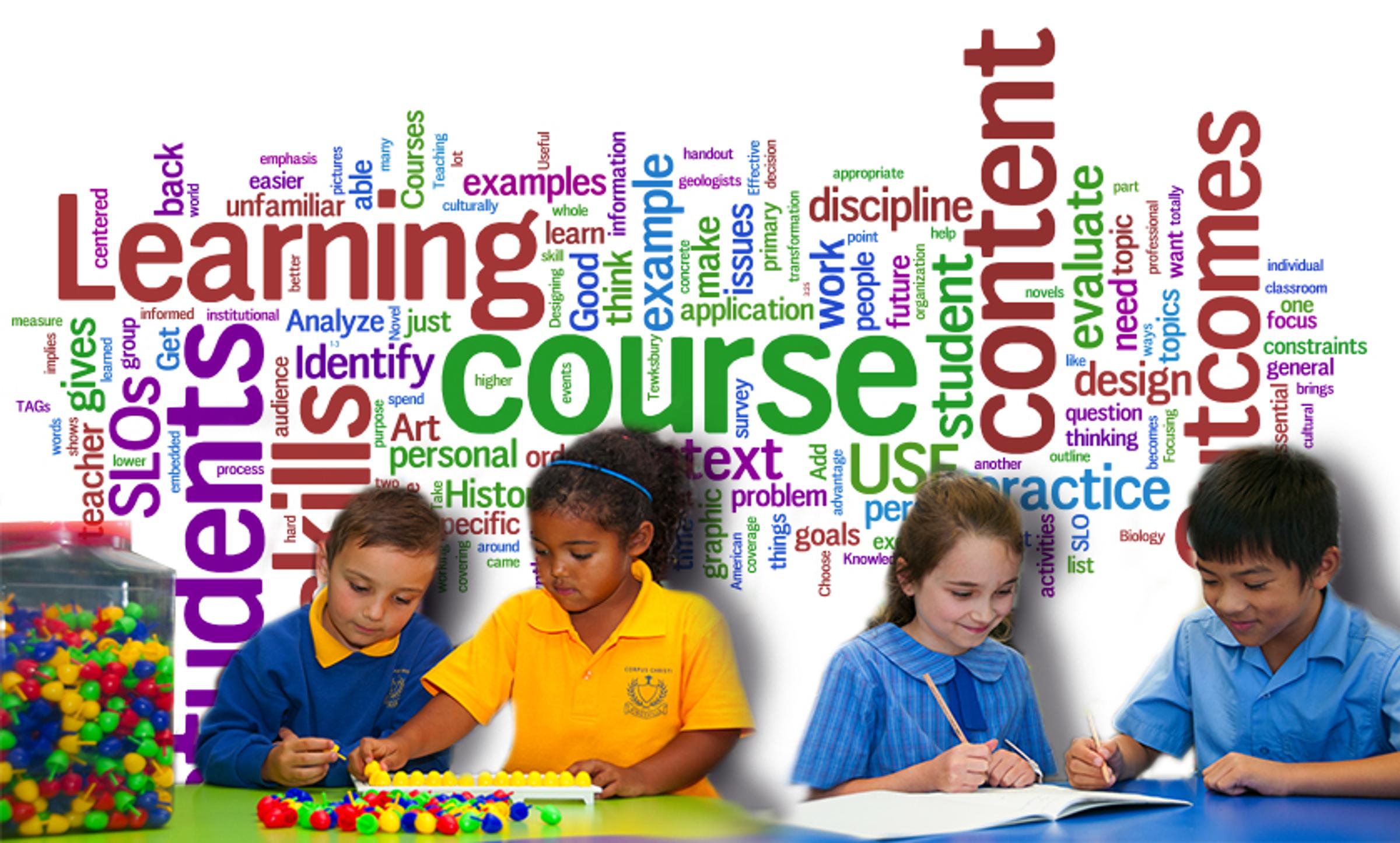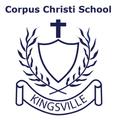
Learning and Teaching
Year 3 and 4 Learning Community Snapshot
The Year 3/4s have settled into the new school year beautifully. They have formed new connections and we have seen many new friendships blossom.
In Literacy, students have been focusing on narratives. They have been exploring the features of narratives and have been experimenting with different ways to engage their readers. Students have been working hard on planning, drafting and publishing narratives with a superhero theme. They are going to read these to the Prep students!
In Maths, students have conquered addition and are now beginning their fractions unit.
In Religion, the students were learning all about prayer, including the different types of prayer, how to run prayer sessions and created many of their own beautiful prayers. We have now moved on to our Lent unit where we are learning about Jesus’ journey that prepared Him for the sacrifice. We have made our own personal Lenten promises that we will keep until Easter.
In Wellbeing, we have been using the CASEA wellbeing program from the Psychologist Department at the Royal Children’s Hospital. We have been looking at personal preferences and strengths, identifying feelings in ourselves and others and how to regulate our emotions.
Lastly, in Inquiry we are undertaking a unit called ‘Super Learners!’ We have been exploring how people best learn; whether they need quiet or music to focus and they might work better independently or in groups. We have learnt about multiple intelligences, what sort or smart we are (body smart, word smart, nature smart etc) and the dispositions of learning.
Numeracy at home
As your child’s first teacher, you play an important role in helping develop their numeracy skills from an early age. Numeracy skills give children an important start to their learning and development. They also help prepare them for daily life at all ages.
What is numeracy?
Numeracy is the knowledge, skills, behaviours and dispositions that students need in order to use Mathematics in a wide range of situations. It involves recognising and understanding the role of Mathematics in the world and having the dispositions and capacities to use mathematical knowledge and skills purposefully.
Why is numeracy important?
While much of the teaching of concepts and skills to support numeracy happens in the Mathematics learning area, it is strengthened as students take part in activities that connect their learning in the Mathematics classroom within the context of other curriculum areas. Numeracy helps us:
- understand and use numbers and other mathematical ideas in everyday life
- recognise and use shape
- work out the chance of something happening
- understand the data we see in the media.
Numeracy is necessary for everyday living. From daily activities like telling the time, cooking and setting the table to more difficult tasks such as understanding mobile phone plans, planning a trip, reading a map and understanding timetables. As children and young people move through life stages the everyday numeracy demands become more complex.
How can I help my child’s numeracy at home?
You can help build your child’s numeracy through doing the following:
- be positive about their numeracy experiences and praise effort and perseverance
- let your child know that everyone can be successful
- seize everyday opportunities to capitalise on numeracy development
- involve your child in numeracy-related activities
- describe what you are doing in situations that involve numeracy
- explain why you make certain numeracy choices
- explore numeracy with your child
- learn alongside your child and encourage a sharing of numeracy ideas and thoughts.
For more information, please see the Numeracy at home website: http://numeracyguidedet.global2.vic.edu.au/numeracy-at-home/
Deborah Courtney
Director of Learning and Teaching
